Three years to the day before the opening of the 2016 Summer Paralympics in Rio de Janeiro, Sabrina Fortune set out her ambitions on Twitter. “I want to be famous and get gold,” wrote the champion shot putter from Wales.
She didn’t quite achieve her aim in Rio – she won the bronze medal with a personal best throw of 12.94 metres – but her star has continued to rise. In August 2018 she won her first major title at the World Para Athletics European Championships in Berlin. Her winning throw of 13.30 metres smashed the championship record.
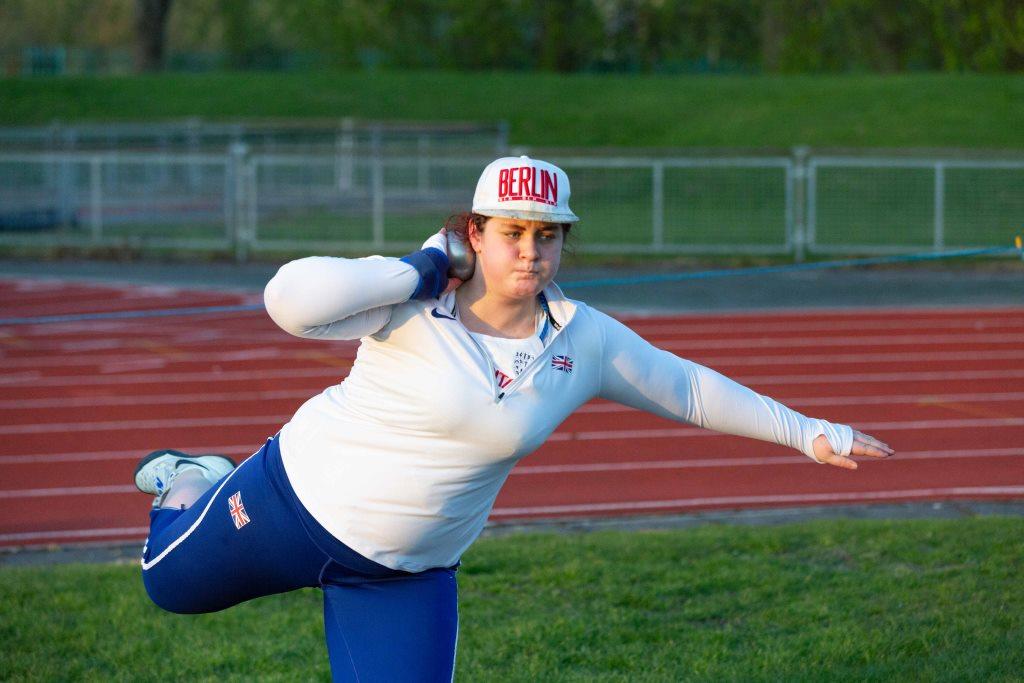

The 22-year-old from Mold in Wales is now ranked No. 1 in the world in category F20 throwing events. She won her first world championship title in Dubai in November and is expected to achieve great things at the Tokyo Paralympics in 2020.
“I’m dead excited,” she says. “For the next [Paralympics] I know what to expect. I loved the athletes’ village in Rio – it was massive. In Tokyo it will be even bigger and better.”
As a 22-year-old in a sport where strength is critical, Sabrina has time on her side. Her coach, Ian Robinson, says she is certain to improve during the next five years.
“The best she’s done in competition is 13.91 metres,” says Ian. ”The world record is 14.10 metres and she’s been over that in training. I think she’ll go past that this year. I think she’s probably capable of getting up around 14.50 metres and some more.”
As a child, Sabrina was diagnosed with speech dyspraxia, a condition that affects a person’s fine motor skills. It makes verbal communication difficult and, in Sabrina’s case, it also made her prone to tripping over.
Her condition makes her eligible to compete in F20 events, a disability sport classification that broadly covers athletes with intellectual disabilities.
Watching her throw using the rotational technique – a dizzying approach that requires the athlete to spin around several times before releasing the shot with as much force as possible – it is easy to understand how much hard work she has done to become an elite shot-putter.
Ian explains that Sabrina finds it difficult to put together a complex sequence of actions. As a result she was forced to learn the rotational technique by breaking it down into single turns and putting the pieces together like a jig saw.
“I started using rotation because I wasn’t improving,” she explains. “But rotation for people with learning disabilities is really hard – not a lot can actually do it. It takes dedication, or, as my dad says, ‘a thousand throws to get the perfect throw’.
Sabrina is also an excellent discus thrower (she actually prefers the discipline to shot put), but as T20 discus is not currently a Paralympic sport, most of her focus in training is on the shot.
She got interested in throwing sports at the age of 11, inspired by her older brother who had taken up shot put. “I was like, ‘why does he get to throw, and I don’t’,” she laughs.
Sabrina joined an athletics club and began competing at local meets. In 2014, she travelled to Sao Paulo to take part in the Brazilian Paralympic School Games, winning gold in the F20 shot put.
The following year she flew to Doha as part of the Great Britain team and finished fourth in the shot put event with a throw of 12.4 metres.
“I went from small stadiums with about 60 people in to about 5000 people at a stadium in Doha,” she laughs. “It was amazing.”
As an elite athlete, Sabrina qualifies for an Athlete Performance Award (APA), a sum of money paid directly to athletes that contributes to their living and sporting costs. The awards are funded by The National Lottery and allocated by UK Sport, the government agency responsible for investing in Olympic and Paralympic sport in the UK.
UK Sport also uses money from The National Lottery to fund sporting National Governing Bodies (NGBs), enabling them to operate a World Class Programme (WCP) and ensuring athletes have access to outstanding support personnel and training environments to ensure they are among the best prepared in the world.
Since National Lottery funding started in 1997, Great Britain and Northern Ireland athletes have won 864 inspirational Olympic and Paralympic medals.
No one supports our #TrackToTokyo athletes more than National Lottery players, who raise around £30 million each week for good causes.
For athletes like Sabrina, access to world class coaches, high performance training facilities, sports science and medicine and warm weather training, are essential if they are to compete at the highest level.
“It’s an amazing thing,” she says. “We also use National Lottery money for taxis, gym, sports massages and physiotherapy. The cost of those kind of things really mounts up.
“I know a lot of people who struggle to get to training because they haven’t got the money. The National Lottery gives you the comfort of knowing I have the support I need.”
Regardless of what happens in Tokyo, Sabrina has already been on an extraordinary journey. “When I was younger, I was told I would never speak properly and I got bullied for being special needs,” she says. “So, to go from that, to being supported by the crowd at the Paralympics is incredible. Yeah, I’ve got a disability, but why focus on that when you can focus on my ability to throw?”



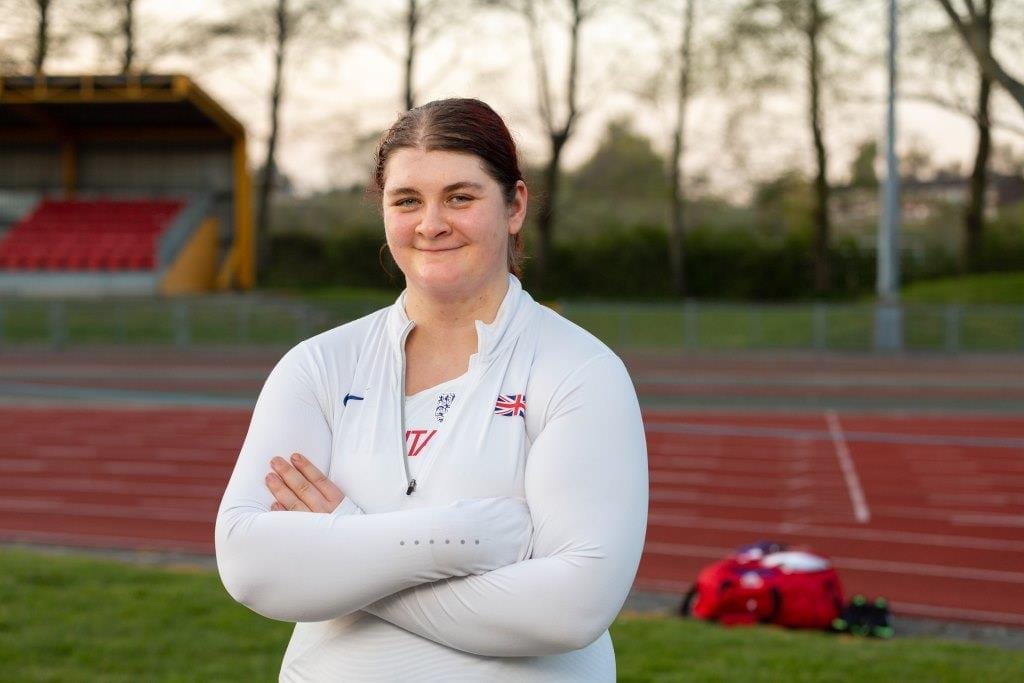
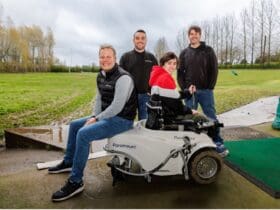
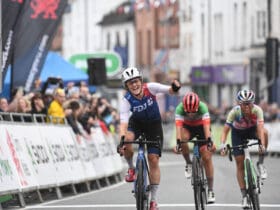

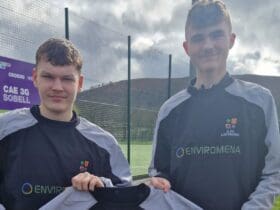
Leave a Reply
View Comments